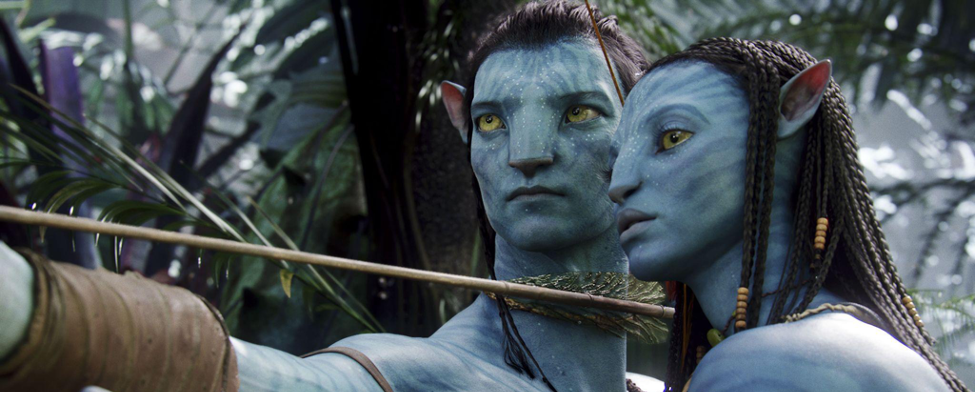Image from the movie Avatar
In recent years, the entertainment industry has seen a major shift: the bursting of the TV series bubble and a wave of high-profile studio mergers.
Netflix scaled back to 370 original programs in 2023, a 16% decrease from 2022, while Disney plans to cut its content spending to $25 billion in 2024, down from $27 billion in 2023.
High-profile mergers, such as Amazon’s 2022 acquisition of MGM Studios and WarnerMedia’s merger with Discovery to form “Warner Bros. Discovery”. Paramount and CBS have also tightened their integration under Paramount Global.
What is happening…
Content overload and user churn
The streaming bubble reflects the massive influx of content driven by streaming services like Netflix, Disney+, HBO Max, and others. As of 2020, there were 78 active SVOD (subscription video on demand) services in France, including both general and niche platforms. With more platforms competing for attention, studios raced to produce original series, flooding the market with an overwhelming amount of content. As production costs skyrocketed and audiences became more spread out, the “streaming bubble” started to burst.
In 2022, for the first time in a decade, Netflix lost 200,000 subscribers in the first quarter, followed by a 970,000-subscriber loss in Q2. This marked a turning point, reflecting growing subscription fatigue. Although the number of subscribers has since increased again, the growth rate has slowed down significantly. Similarly, Disney+ lost 4.2 million paid subscribers during the past year. This led to the merger between Disney+ and Hulu in 2024, as platforms scramble to maintain market share.
The rise of studio mergers
With subscriber growth slowing, streaming giants are cutting back on new productions, leading to big mergers to stay competitive. Disney’s $71.3 billion purchase of 21st Century Fox in 2019 gave Disney control over major titles like The Simpsons and Avatar, boosting Disney+ but also causing layoffs as operations streamlined. Similarly, Warner Bros. merged with Discovery in 2022, combining HBO’s top dramas with Discovery’s hits. This move helped cut costs but resulted in canceled projects, like Batgirl, and widespread layoffs.
Netflix’s annual investment of around €200 million in French content dwarfs the budgets of many local producers. Local companies, however, are finding adaptive ways forward: TF1, for example, partnered with Netflix to co-produce The Bonfire of Destiny (Le Bazar de la Charité), allowing for bigger budgets and a global reach.
These mergers mark a shift in the industry, with fewer big players focusing on high-value projects but also raising concerns about reduced creativity, as smaller studios and independent creators struggle to compete or get their projects funded.
Feel free to reach out to me if you’d like more details on this.

